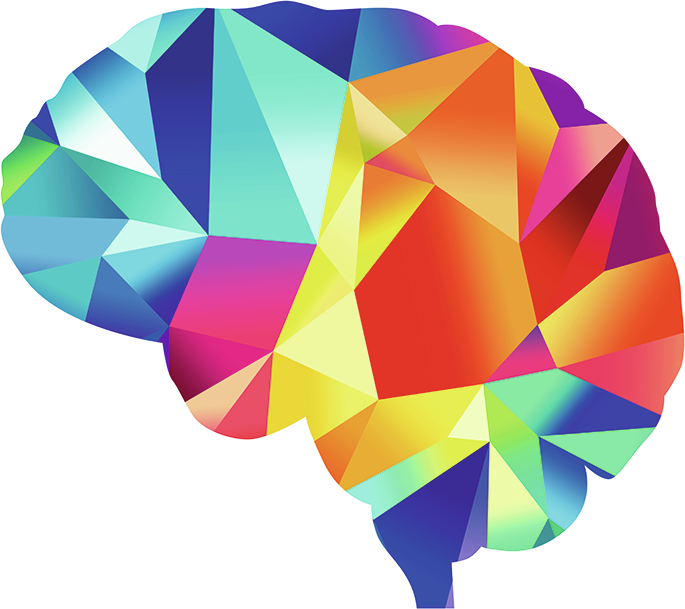The human brain exhibits enormous complexity, with many thousands of cell types performing specialized functions that provide the biological basis of thoughts, emotions and behaviours. Neuroscientists have long sought to understand the source of this vast molecular and functional complexity, which is often thought to emerge from identical DNA sequences. Alternatively, somatic alterations to the inherited DNA code could provide a genetic source of cellular diversity, as is the case in the immune system or in tumour cells.
To test whether the rate of neuroblast aneuploidy could be altered experimentally, the authors cultured mouse cortex in a growth-promoting medium and performed spectral karyotyping. Interestingly, the number of aneuploid cells decreased by about half, reflecting a loss of cells with complex karyotypes of more than one gain or loss. To confirm this effect in a different experimental system, the team analysed DNA content by flow cytometry and recapitulated differences in DNA content between cultured and uncultured neuroblasts.
